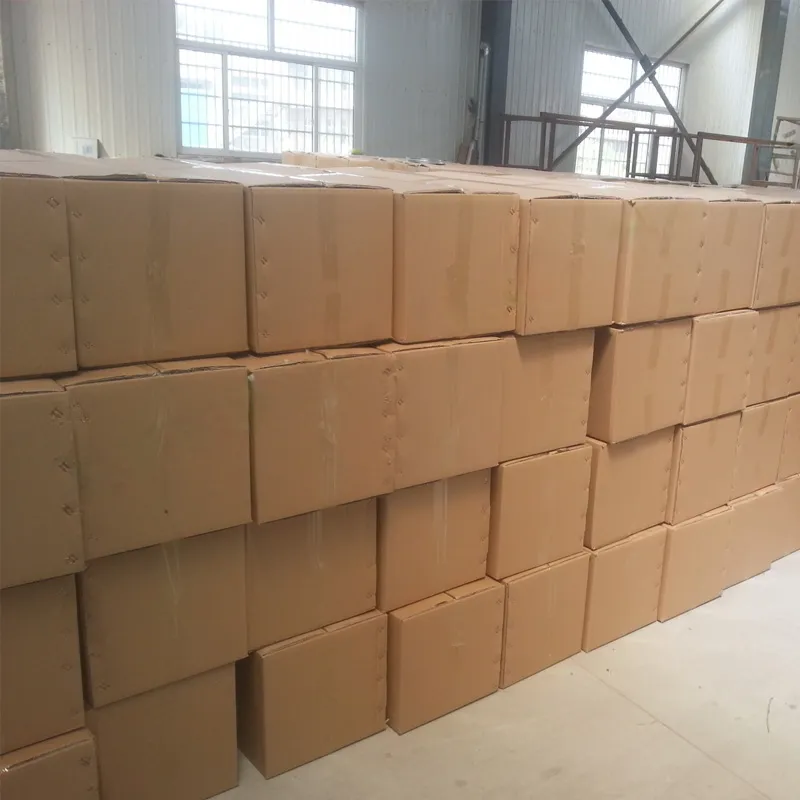 Tel:
+8615930870079
Tel:
+8615930870079
יול . 26, 2024 08:31 Back to list
Advancements in Gas Turbine Filter Technologies for Enhanced Performance and Efficiency in Power Generation
Gas Turbine Filters Essential Components for Efficient Operation
Gas turbines are critical components in modern power generation and aviation industries. They operate by converting fuel into mechanical energy, which subsequently drives generators or propels aircraft. However, for gas turbines to function efficiently, they require clean air intake. This is where gas turbine filters come into play.
Gas turbine filters are specifically designed to remove particulates, dust, and other contaminants from the air before it enters the combustion chamber. The importance of these filters cannot be overstated, as contaminated air can lead to a myriad of operational issues, including decreased efficiency, increased maintenance costs, and even catastrophic failures.
Types of Gas Turbine Filters
There are several types of filters used in gas turbines, each suited to specific applications and environments
. The primary categories include1. Pre-filters These are typically coarse filters that capture larger particles. They serve as the first line of defense against dust, leaves, and insects, protecting finer filters from excessive loading.
2. Fine filters These filters are designed to capture smaller particles and often utilize more sophisticated materials to achieve a higher efficiency level. They ensure that the air entering the turbine is free from harmful contaminants that could affect performance.
3. HEPA filters High-Efficiency Particulate Air (HEPA) filters can capture at least 99.97% of particles that are 0.3 microns or larger. In critical applications, such as hospitals or clean rooms, HEPA filters are employed to maintain the highest air cleanliness standards.
gas turbine filter

4. Activated carbon filters These filters are primarily used to remove gaseous pollutants, such as volatile organic compounds (VOCs) and odors. They can effectively improve air quality, which is especially important in urban environments where pollution levels are higher.
The Importance of Regular Maintenance
The efficiency of gas turbine filters doesn't just depend on their design but also on proper maintenance. Regular inspection and replacement of filters are crucial to ensuring optimal turbine performance. Clogged filters can lead to increased pressure drop, forcing the turbine to work harder, which can reduce efficiency and increase fuel consumption. Moreover, failing to maintain these filters can result in more substantial operational issues, including damage to the turbine's components.
Environmental Considerations
In recent years, there has been an increasing focus on the environmental impact of power generation. Gas turbine filters play a significant role in emissions control. By ensuring the combustion process runs efficiently, these filters help minimize unburned fuel and other pollutants released into the atmosphere. Furthermore, innovations in filter technology are continually being developed to improve efficiency and reduce the environmental footprint of gas turbines.
Conclusion
In summary, gas turbine filters are integral to the efficient and reliable operation of gas turbines across various applications. Their role in maintaining clean air intake cannot be overlooked, as it directly influences performance, fuel efficiency, and emissions. As technology continues to advance, the development of more effective and environmentally friendly filters will likely enhance the reliability and sustainability of gas turbines. Regular maintenance of these filters is essential for optimal performance, ensuring that gas turbines operate at peak efficiency while minimizing their environmental impact. As the demand for energy grows, the importance of effective filtration in gas turbines will only increase, marking a crucial focus area for future developments in the industry.
-
Types and Applications of Air Filtration CartridgesNewsJul.28,2025
-
The Role of Gas Turbine FiltersNewsJul.28,2025
-
Mastering Air Filter Cartridge UseNewsJul.28,2025
-
Advanced Turbine Filters for Modern Gas TurbinesNewsJul.28,2025
-
Cellulose Air Filter Cartridge Advantages in Dust FiltrationNewsJul.28,2025
-
Cellulose Filters for Air Particle ReductionNewsJul.28,2025

 Email:
Email:





